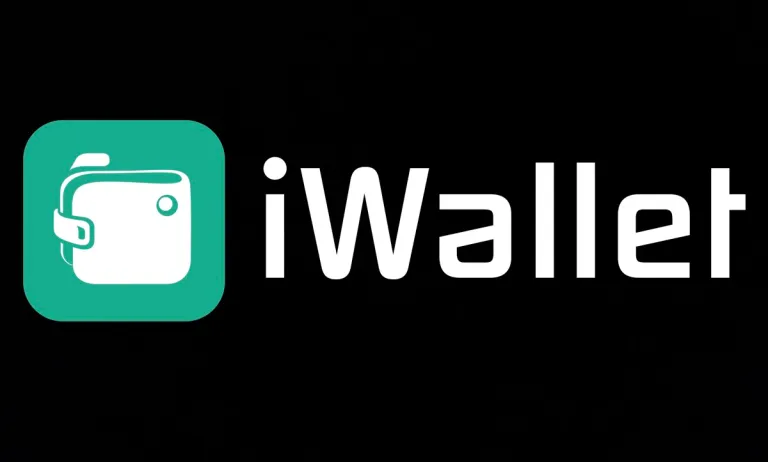

Digital payment solutions provider iWallet is adding voice artificial intelligence technology to its payments offering.
The new technology comes as many consumers are using voice technology each day, according to a Monday (Dec. 30) press release.
“However, the payments industry has lagged behind, relying on outdated systems and neglecting to integrate modern, secure technologies for seamless payment experiences,” the release said.
Traditional systems tend to use interactive voice response (IVR) technology and dual-tone multi-frequency (DTMF) signals, which often fail to meet PCI compliance standards. These principles are critical for protecting customer data and ensuring secure transactions, according to the release.
The company said in the release that it is the first to debut a PCI-compliant telephone order (TO) AI-based system using voice rather than manual DTMF signal entry. This provides a smoother customer experience and improved security by preventing the errors and fraud risks associated with manual input. It also helps businesses make sure they’re securely processing payments and protecting customer data.
“Adding the ability for businesses to use AI for payments saves them a lot of time and money,” iWallet founder and CEO Jim Kolchin said in the release. “iWallet Voice AI also improves customer satisfaction and keeps the phone calls PCI-compliant and is a leap forward from the traditional automated systems.”
The PYMNTS Intelligence report “How the World Does Digital” found that 17.9% of the overall population uses voice technology for shopping at least once a week.
Cerence Chief Revenue Officer Christian Mentz told PYMNTS in an interview published in March that with the contextual awareness and natural language processing of the latest AI models, voice functionality has gone from being a “task master” service, simply surfacing information, to a more intuitive, human-like experience.
More recently, PYMNTS explored new research showing that AI systems can control computer interfaces through natural interaction. These agents can autonomously navigate software, carry out tasks and manipulate interfaces the same way humans do.
“This technology will change our relationship to software,” Clarity AI CEO and founder Joan Palmiter Bajorek told PYMNTS earlier this month. “For most people, speaking is one of the most natural ways of interacting with another person. … Instead of typing a prompt into ChatGPT, you could simply speak your request out loud.”